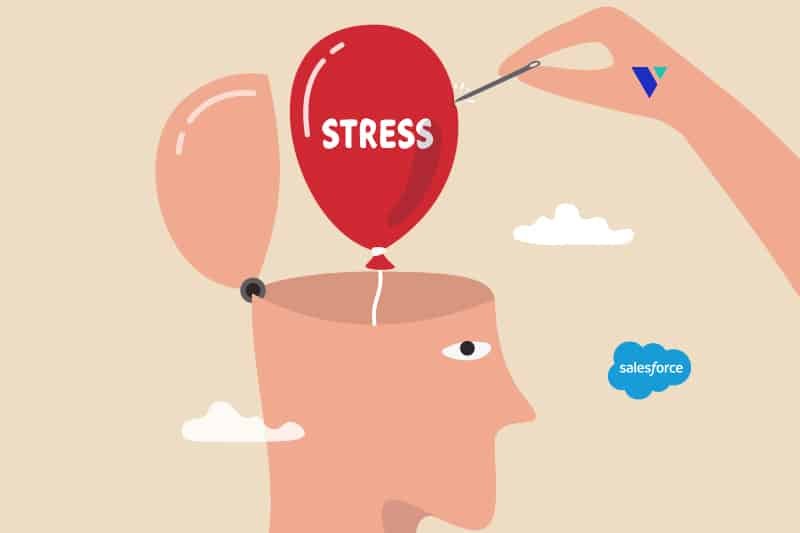How to Support a Loved One Struggling with Substance Addiction

Substance addiction affects not only the person struggling but also their loved ones who wish to help. Supporting someone with a substance addiction can be complex and emotionally taxing, but with understanding, empathy, and the right approach, you can play a vital role in their recovery journey. Here’s a guide on how to effectively support a loved one dealing with substance addiction.
Understanding Substance Addiction
Substance addiction is a chronic, often relapsing disease that affects the brain and behavior. It can lead to an inability to control drug or alcohol use, even when it causes harm to the person or those around them. Addiction is more than a lack of willpower; it’s a condition that requires empathy, professional treatment, and ongoing support.
1. Educate Yourself on Substance Addiction
Understanding what addiction entails is essential. Learning about the causes, symptoms, and treatments available can help you better comprehend what your loved one is going through and how you can assist them effectively.
Tips to Educate Yourself:
- Research Online Resources: Websites from reputable addiction support organizations provide valuable insights into substance addiction.
- Attend Support Group Meetings: Organizations like Al-Anon or Nar-Anon offer meetings for families and friends of those affected by addiction.
- Consult Addiction Specialists: Speaking with substance abuse counselors can provide professional perspectives and answer specific questions you might have.
2. Encourage Substance Abuse Treatment
One of the most effective ways to support your loved one is by encouraging them to seek professional help. Substance abuse treatment provides individuals with resources and skills to cope with addiction and regain control of their lives.
Benefits of Substance Abuse Treatment:
- Individualized Care: Each person’s addiction is unique, and treatment programs are designed to cater to their specific needs.
- Medical Supervision: For those dealing with severe addiction, medical professionals can help safely manage withdrawal symptoms.
- Therapeutic Support: Therapy helps individuals understand and work through the root causes of addiction, leading to a more sustainable recovery.
Encouraging treatment doesn’t mean pushing or forcing; instead, create an open dialogue to discuss their fears and concerns about treatment options, such as luxury rehab centers or substance abuse treatment centers.
3. Consider Substance Abuse Treatment Centers
When a loved one is ready for treatment, choosing the right facility can make a significant difference. Many people benefit from enrolling in a substance abuse treatment center, which provides a structured environment, medical support, and professional guidance.
Types of Treatment Centers:
- Luxury Rehab Centers: These luxury rehab centers offer a higher level of comfort and personalized care, along with a range of therapies and amenities for a comprehensive recovery experience.
- Inpatient Centers: Residential programs provide a safe and monitored environment where individuals can focus solely on recovery.
- Outpatient Programs: Flexible programs for those who need treatment while continuing daily responsibilities.
Discussing different options and finding the best fit can empower your loved one and ensure they feel more confident in taking this step.
4. Offer Emotional Support
Emotional support can make a powerful difference, as addiction often comes with feelings of shame and isolation. Showing empathy, listening without judgment, and encouraging open communication can reinforce your loved one’s confidence in the recovery process.
Ways to Offer Emotional Support:
- Listen Actively: Allow them to express themselves without interruptions or criticism. Listening fosters trust and helps them feel understood.
- Validate Their Feelings: Acknowledge their struggles and emotions, even if you don’t fully understand their experience.
- Celebrate Small Victories: Recovery can be slow, so recognize and celebrate each step forward, no matter how small.
5. Set Healthy Boundaries
While supporting someone with an addiction, it’s crucial to set clear boundaries to protect both yourself and your loved one. Boundaries help prevent enabling behaviors and encourage accountability, which is essential for long-term recovery.
Tips for Setting Boundaries:
- Be Clear and Consistent: Decide what behaviors are unacceptable and communicate these boundaries respectfully.
- Avoid Enabling Behaviors: Providing financial support, making excuses, or covering up their mistakes can enable their addiction.
- Prioritize Your Well-being: Supporting someone through addiction is draining. Setting boundaries helps you stay healthy and able to provide the support they need.
6. Encourage a Sober and Supportive Environment
A supportive, sober environment is beneficial for someone recovering from substance addiction. Avoid environments that might trigger their desire to use substances and find ways to promote a healthy lifestyle.
How to Create a Supportive Environment:
- Plan Sober Activities: Instead of social gatherings involving alcohol, organize sober events like hiking, cooking, or other activities that are fun and supportive of a healthy lifestyle.
- Remove Triggers: If possible, minimize exposure to substances or reminders of past addictive behaviors in the shared space.
- Encourage Positive Routines: Support habits that promote a healthier lifestyle, such as regular exercise, nutritious meals, and sufficient sleep.
7. Be Patient and Avoid Pressuring Them
Recovery is not a linear process, and setbacks may happen. Pressuring or rushing your loved one can add stress and potentially lead to relapse. Instead, practice patience and understand that recovery can take time.
Tips to Stay Patient:
- Focus on Progress, Not Perfection: Encourage progress, even if it’s small. Recovery often includes setbacks, but these do not negate the progress made.
- Avoid Lectures or Ultimatums: Harsh words can increase feelings of shame and guilt. Support with kindness instead.
- Remember Self-Care: Supporting someone in recovery can be exhausting. Take time for yourself to recharge and stay healthy.
8. Suggest Joining Support Groups
Support groups offer community and encouragement for individuals struggling with addiction. They can connect your loved one with others who have similar experiences, creating a sense of belonging and reducing feelings of isolation.
Benefits of Support Groups:
- Shared Experiences: Knowing others have overcome addiction can inspire and motivate your loved one.
- Access to Peer Support: Support groups provide a safe place to discuss challenges and share advice from peers in recovery.
- Family Support Groups: Groups for family members, such as Al-Anon, provide you with tools to cope, connect with others, and better support your loved one.
9. Encourage Aftercare Planning
Recovery doesn’t end after treatment; an aftercare plan is essential to prevent relapse and maintain long-term sobriety. Aftercare may include follow-up therapy, support groups, or continued substance abuse treatment.
Elements of a Strong Aftercare Plan:
- Ongoing Therapy: Continued therapy can address underlying issues and help develop coping strategies for daily challenges.
- Regular Check-Ins: Scheduling regular check-ins can help maintain accountability and encourage open dialogue about their progress.
- Engagement in Sober Activities: Participating in sober activities or hobbies can provide joy, purpose, and healthy social connections.
10. Know When to Seek Help for Yourself
Supporting someone with substance addiction is challenging and can impact your mental and emotional well-being. Don’t hesitate to seek counseling, therapy, or join a support group for family members affected by addiction. Taking care of yourself enables you to offer sustained, effective support.
Self-Care Tips:
- Practice Mindfulness: Activities like meditation or journaling can help you process your emotions and reduce stress.
- Seek Professional Help: A therapist can provide support and tools to cope with the emotional toll of supporting someone with addiction.
- Connect with Support Networks: Family-focused support groups, like Al-Anon, offer resources and community for those dealing with a loved one’s addiction.
Conclusion
Supporting a loved one struggling with substance addiction requires patience, compassion, and a well-informed approach. Encourage professional treatment, be a source of emotional support, and set boundaries to protect your well-being. By educating yourself, creating a supportive environment, and encouraging ongoing recovery strategies, you can make a meaningful difference in their journey toward a healthier, addiction-free life. Remember, while you play a significant role, addiction recovery is a personal journey that only they can take—your support can help guide them, but they must choose to walk the path to recovery.




